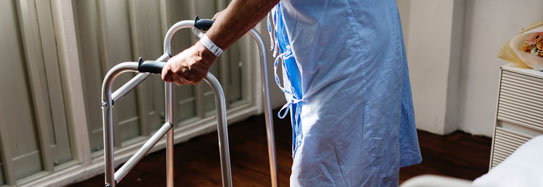Methicillin-resistant Staphylococcus aureus or MRSA is a staph infection that is immune to many types of antibiotics. (Antimicrobial Resistance (AMR)/Antibiotic Resistance) Staphylococcus aureus is a common bacterium that lives on our skin and, most of the time, causes no ill effects. Problems may arise, however, if there is a break in the skin – through a cut, a puncture, or some other opening – that allows the staph to enter into the body.
An unchecked infection may develop into sepsis.
Sepsis is a life-threatening emergency that happens when your body’s response to an infection damages vital organs and, often, causes death. Like strokes or heart attacks, sepsis is a medical emergency that requires rapid diagnosis and treatment.
There are two types of MRSA infections: community-acquired (CA) and hospital-acquired (HA). The most common type is HA-MRSA, but CA-MRSA is becoming more common.
Suggested Citation:
Sepsis Alliance. Sepsis and MRSA. 2024. https://www.sepsis.org/sepsisand/mrsa/
Updated February 16, 2024.












































